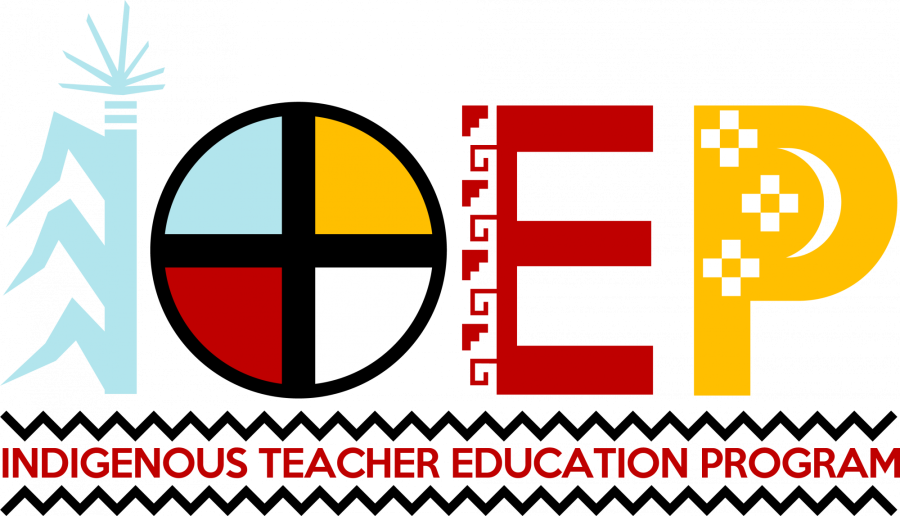A University of Arizona program for Indigenous students will receive a combined $2.4 million in new state and federal funding.
According to its website, the Indigenous Teacher Education Program supports Indigenous students in the College of Education in order to increase the amount of Indigenous teachers in the field.
“The funding is critical for us because we’re actually part of a larger goal of ours [which] is to contribute to the efforts that have been ongoing for the past almost 20-22 years that this funding has been available for,” said Dr. Jeremy Garcia, the program co-director of the ITEP.
The federal funds will serve students by delivering $1.4 million over the course of five years — covering cost of tuition, academic fees and expenses, living expenses, mileage to elementary school sites and certification fees for up to 15 candidates, according to the ITEP website.
The state funding will also support 17 community college students to transfer to the UA and participate in ITEP, said a press release from the university.
According to the press release, the program launched in 2016 with its first cohort beginning in 2017. In 2018 they received $1.2 million in state and federal funding, and in 2019 they raised over $5,000 through a crowdfunding campaign.
“This was born out of the need from Native communities at large … there was a call to action to increase the number of Native teachers returning to their communities and/or serving Native communities and families within urban settings,” Garcia said.
The traumatic legacy of American Indian boarding schools has left an imprint on many Indigenous people today.
“We’re examining the ways in which those [Western] schooling systems have not always reinforced and validated our Indigenous identities and values and languages,” said Valerie Shirley, the program’s director. “So we work to unpack that and then we also work to moving towards action in a way where we begin to then develop curriculum about some of these social issues, contemporary issues, environmental issues, that are happening in their communities.”
During the times of American Indian boarding schools, children were stripped of their Indigenous identity and forced to assimilate, according to a memorandum from the Secretary of the Interior, Deb Haaland, the first Native American to serve as a cabinet secretary. They were forcibly relocated from their families to distant residential facilities where their identities, beliefs and languages were suppressed.
“We’re able to privilege and promote tribal communities’ knowledge systems, their culture and their languages, and that’s something very empowering, and that we are very intentional that we put at the forefront of ITEP to make sure that they are supported to privilege and promote their way of life as well and how can we integrate that into the classroom,” IngriQue Salt, the program’s project coordinator, said.
If you are from a tribal community and are hoping to become a certified elementary education professional, ITEP is recruiting students for fall 2022. Contact Sara Knepper at sme@email.arizona.edu with a copy of your unofficial transcript or attend their 30-minute informational sessions on Oct. 6, 20 or 28. Email ingrique@email.arizona.edu for the Zoom link and for further information.
While interviewing the representatives of ITEP, I was told to research the impact of boarding schools on Indigenous communities to understand why they position themselves the way they did in answering my questions. In writing stories, especially on communities who have been or are marginalized, it is important to give historical context of the tribulations that their community has faced, and how that continues to affect them today. The Daily Wildcat’s mission statement states that we “recognize that majority groups usually [have] little trouble sharing its views, but that underrepresented groups do not often share that position. Therefore, the Wildcat must be committed to aggressively covering underrepresented groups to the best of its abilities.”
Follow Susan Barnett on Twitter









